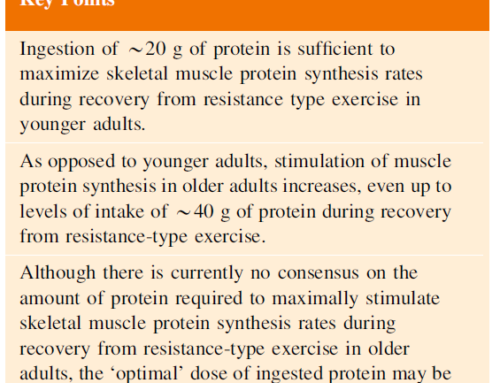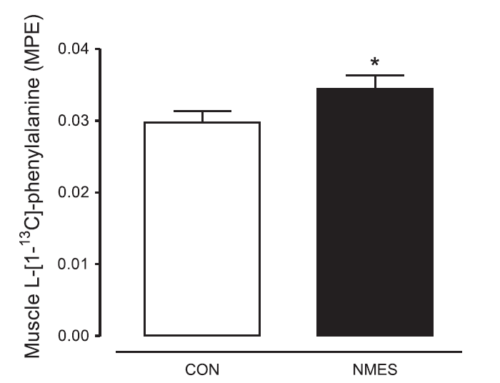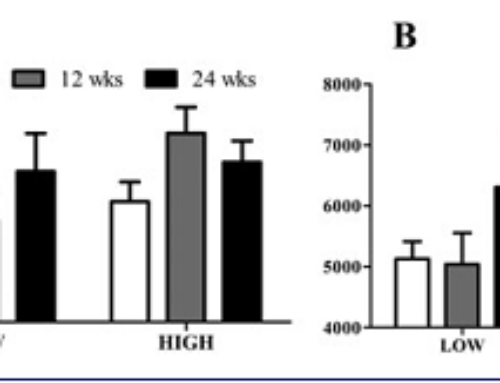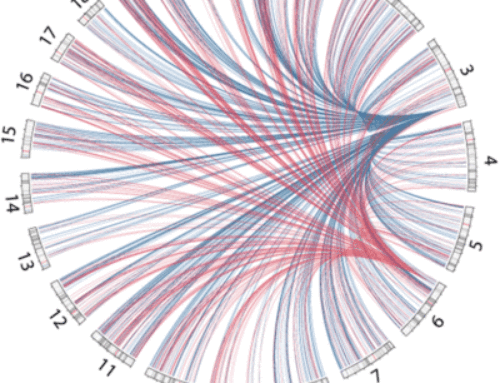Project omschrijving
Journal of Nutrition | September 2016|
Abstract:
BACKGROUND:
Muscle mass maintenance is largely regulated by basal muscle protein synthesis and the capacity to stimulate muscle protein synthesis after food intake. The postprandial muscle protein synthetic response is modulated by the amount, source, and type of protein consumed. It has been suggested that plant-based proteins are less potent in stimulating postprandial muscle protein synthesis than animal-derived proteins. However, few data support this contention.
OBJECTIVE: We aimed to assess postprandial plasma amino acid concentrations and muscle protein synthesis rates after the ingestion of a substantial 35-g bolus of wheat protein hydrolysate compared with casein and whey protein.
METHODS:Sixty healthy older men [mean ± SEM age: 71 ± 1 y; body mass index (in kg/m(2)): 25.3 ± 0.3] received a primed continuous infusion of l-[ring-(13)C6]-phenylalanine and ingested 35 g wheat protein (n = 12), 35 g wheat protein hydrolysate (WPH-35; n = 12), 35 g micellar casein (MCas-35; n = 12), 35 g whey protein (Whey-35; n = 12), or 60 g wheat protein hydrolysate (WPH-60; n = 12). Plasma and muscle samples were collected at regular intervals.
RESULTS: The postprandial increase in plasma essential amino acid concentrations was greater after ingesting Whey-35 (2.23 ± 0.07 mM) than after MCas-35 (1.53 ± 0.08 mM) and WPH-35 (1.50 ± 0.04 mM) (P < 0.01). Myofibrillar protein synthesis rates increased after ingesting MCas-35 (P < 0.01) and were higher after ingesting MCas-35 (0.050% ± 0.005%/h) than after WPH-35 (0.032% ± 0.004%/h) (P = 0.03). The postprandial increase in plasma leucine concentrations was greater after ingesting Whey-35 than after WPH-60 (peak value: 580 ± 18 compared with 378 ± 10 μM, respectively; P < 0.01), despite similar leucine contents (4.4 g leucine). Nevertheless, the ingestion of WPH-60 increased myofibrillar protein synthesis rates above basal rates (0.049% ± 0.007%/h; P = 0.02).
CONCLUSIONS: The myofibrillar protein synthetic response to the ingestion of 35 g casein is greater than after an equal amount of wheat protein. Ingesting a larger amount of wheat protein (i.e., 60 g) substantially increases myofibrillar protein synthesis rates in healthy older men.
Auteurs: Gorissen SH1, Horstman AM1, Franssen R1, Crombag JJ1, Langer H1, Bierau J2, Respondek F3, van Loon LJ4.
Affiliates: 1NUTRIM School of Nutrition and Translational Research in Metabolism. 2Laboratory of Biochemical Genetics, Department of Clinical Genetics, Maastricht University Medical Centre+, Maastricht, Netherlands 3Innovation, Tereos, Marckolsheim, France. 4NUTRIM School of Nutrition and Translational Research in Metabolism
Link to whole article







